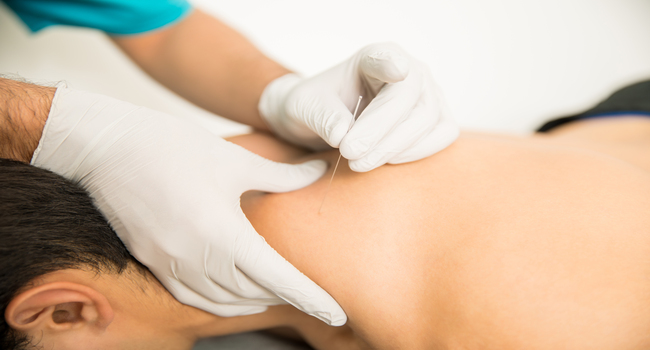
Postoperative pain, nausea, and vomiting are common problems experienced by patients following laparoscopic cholecystectomy (LC), a surgery to remove the gallbladder. Although pain management is crucial for recovery and wellbeing, the use of too many painkillers may lead to unwanted side effects. This is where acupuncture comes in.
Acupuncture is a technique that involves inserting thin needles into specific points on the body to stimulate the body's natural healing process and reduce pain. Acupuncture has been found to be effective in managing postoperative pain in several studies. The technique is thought to work by triggering the body's natural painkillers, known as endogenous opioids. Acupuncture also reduces inflammation and promotes tissue healing.
It is important to note that acupuncture should be performed by a qualified practitioner. The World Health Organization recognizes acupuncture as a safe and effective treatment for various medical conditions, including pain.
A clinical trial was conducted to evaluate the effectiveness and safety of acupuncture compared to that of parecoxib sodium (a type of painkiller) in managing postoperative pain, nausea, and vomiting following LC.
Clinical Trial
The trial involved randomly assigning patients to either an acupuncture or a control group. Patients in the acupuncture group received acupuncture, while those in the control group were given parecoxib sodium if they requested it. The pain score, nausea and vomiting score, and the Bruggemann Comfort Scale (which measures a patient's comfort level) were evaluated at 0, 6, 9, and 12 hours after the surgery.
